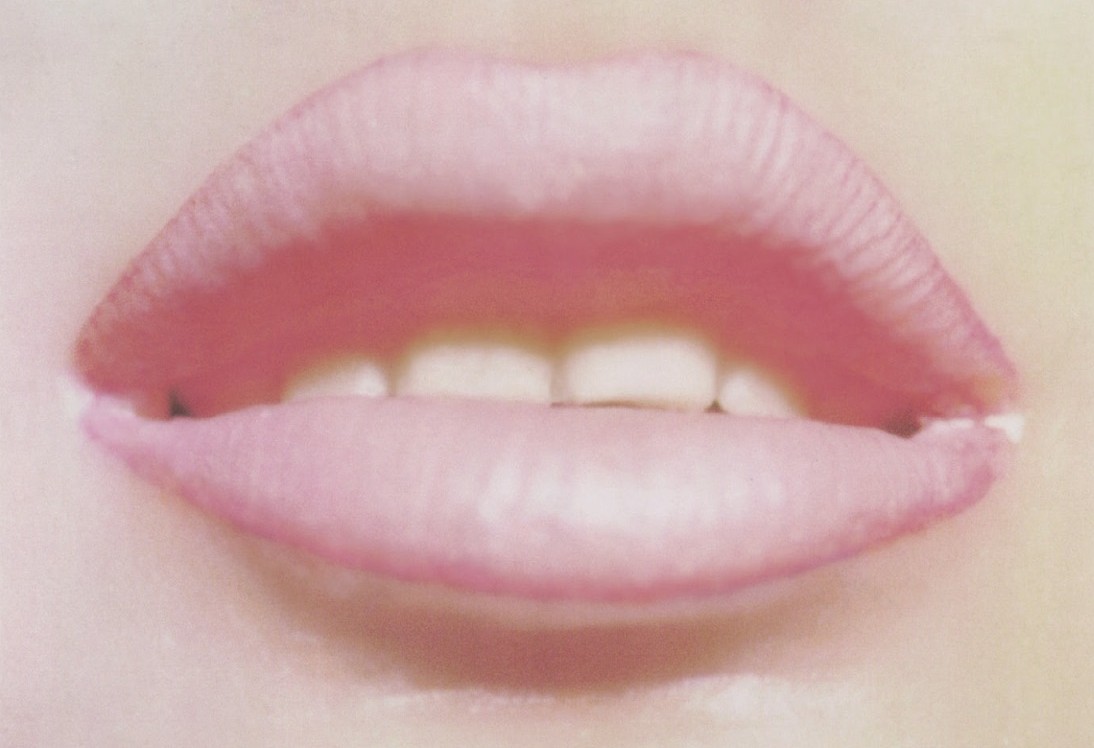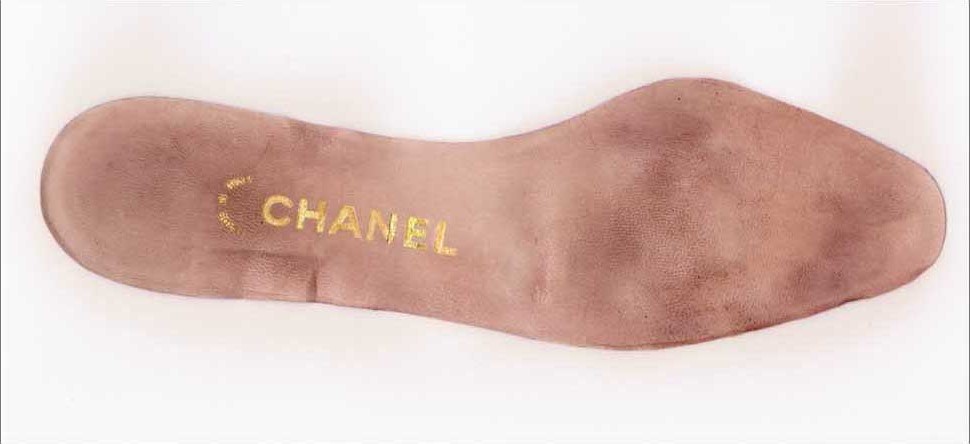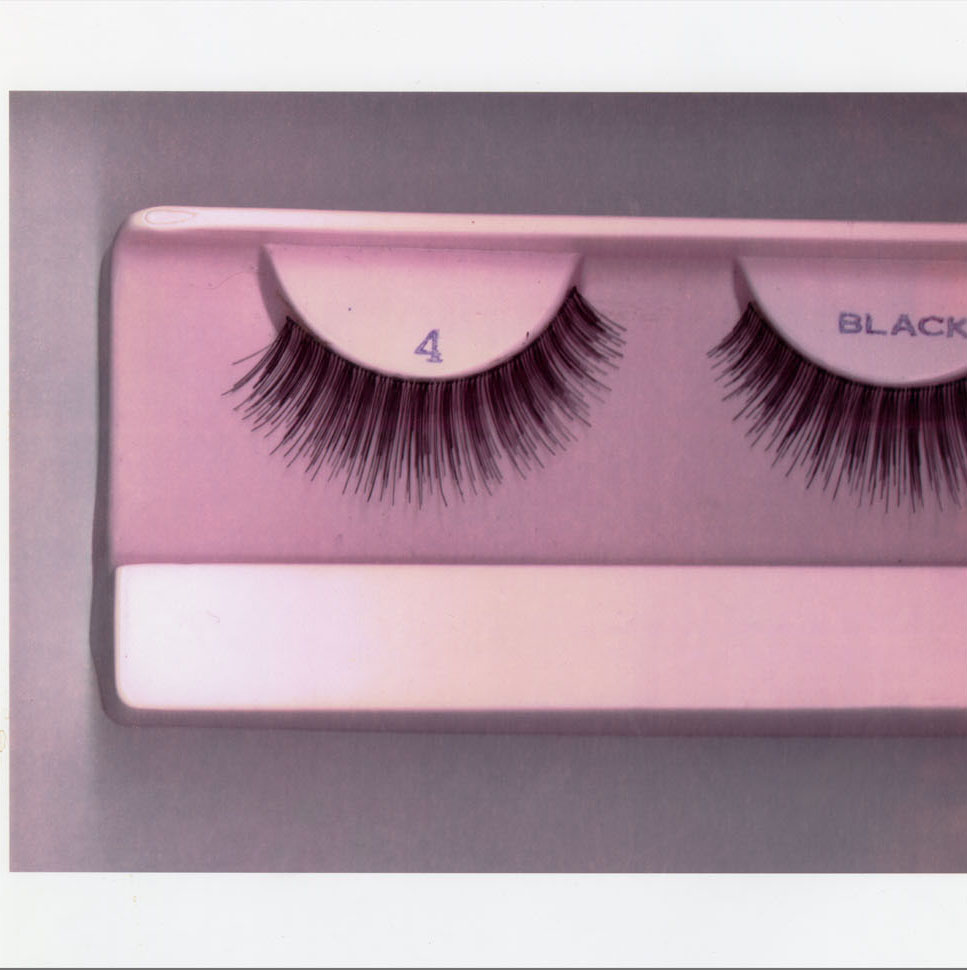APRIL EIGHTH 1928.
The day dawned bleak and chill, a moving wall of grey light out of the north-east which, instead of dissolving into moisture, seemed to disintegrate into minute and venomous particles, like dust that, when Dilsey opened the door of the cabin and emerged, needled laterally into her flesh, precipitating not so much a moisture as a substance partaking of the quality of thin, not quite congealed oil. She wore a stiff, black straw hat perched upon her turban, and a maroon velvet cape with a border of mangy and anonymous fur above a dress of purple silk, and she stood in the door for a while with her myriad and sunken face lifted to the weather, and one gaunt hand flat-soled as the belly of a fish, then she moved the cape aside and examined the bosom of her gown.
The gown fell gauntly from her shoulders, across her fallen breasts, then tightened upon her paunch and fell again, ballooning a little above the nether garments which she would remove layer by layer as the spring accomplished and the warm days, in colour regal and moribund. She had been a big woman once but now her skeleton rose, draped loosely in unpadded skin and tightened again upon a paunch almost dropsical, as though muscle and tissue had been courage or fortitude which the days or the years had consumed until only the indomitable skeleton was left rising like a ruin or a landmark above the somnolent and impervious guts and above that the collapsed face that gave the impression of the bones themselves being outside the flesh, lifted into the driving day with an expression at once fatalistic and of a child’s astonished disappointment, until she turned and entered the house again and closed the door.
The earth immediately about the door was bare. It had a patina, as though from the soles of bare feet in generations, like old silver or the walls of Mexican houses which have been plastered by hand. Beside the house, shading it in summer, stood three mulberry trees, the fledged leaves that would later be broad and placid as the palms of hands streaming flatly undulant upon the driving air. A pair of jaybirds came up from nowhere, whirled up on the blast like gaudy scraps of cloth or paper and lodged in the mulberries, where they swung in raucous tilt and recover, screaming into the wind that ripped their harsh cries onward and away like scraps of paper or of cloth in turn. Then three more joined them and they swung and tilted in the wrung branches for a time, screaming. The door of the cabin opened and Dilsey emerged once more, this time in a man’s felt hat and an army overcoat, beneath the frayed skirts of which her blue gingham dress fell in uneven balloonings, streaming too about her as she crossed the yard and mounted the steps to the kitchen door. A moment later she emerged, carrying an open umbrella now, which she slanted ahead into the wind, and crossed to the woodpile and laid the umbrella down, still open. Immediately she caught at it and arrested it and held to it for a while, looking about her. Then she closed it and laid it down and stacked stovewood into her crooked arm, against her breast, and picked up the umbrella and got it open at last and returned to the steps and held the wood precariously balanced while she contrived to close the umbrella, which she propped in the corner, just within the door. She dumped the wood into the box behind the stove. Then she removed the overcoat and hat and took a soiled apron down from the wall and put it on and built a fire in the stove. While she was doing so, rattling the grate bars and clattering the lids, Mrs Compson began to call her from the head of the stairs.
She wore a dressing gown of quilted black satin, holding it close under her chin. In the other hand she held a red rubber hot water bottle and she stood at the head of the back stairway, calling ‘Dilsey’ at steady and inflexionless intervals into the quiet stairwell that descended into complete darkness, then opened again where a grey window fell across it. ‘Dilsey’, she called, without inflexion or emphasis or haste, as though she were not listening for a reply at all. ‘Dilsey.’



Images by Katerina Jebb, published in an image portfolio for Vestoj On Material Memory.
Excerpt from the novel The Sound and the Fury by William Faulkner, published in 1929 by Jonathan Cape and Harrison Smith, New York.